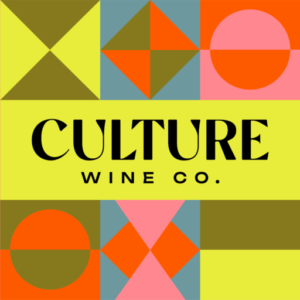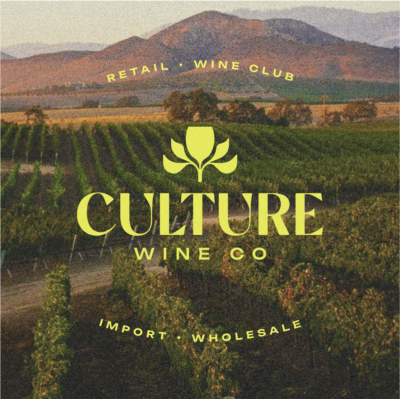Klein Amoskuil
Natural Wines Produced in Georgian Qvevri
Klein Amoskuil
Prior to Swartland gaining recognition as a hub of revolutionary winemakers in South Africa, Charles Back ventured to the region to secure fruit for his renowned label, Goats do Roam. This label was a part of his iconic Fairview brand, one of the few to gain international success during the dark days of Apartheid. In those days, the fruit in Swartland was grown mostly for entry-level bulk wine production by The Swartland Cooperative. Then one can imagine the surprise by Back when he tasted a wine that was so great, he became compelled not just by the wine, but the entire vineyard from which it came. This inspiring wine was a Sauvignon Blanc from a single vineyard, The Amos Block. At the time it was owned by a small farmer who would vinify and sell the resulting wine to the co-op.
This was back in 1995 – just a year after Apartheid ended – and South Africa was just starting to see decades of international trade embargoes lifted. There was hardly a guaranteed market for this wine, although there was finally a runway forming. Unafraid to embrace risk, Back was too charmed by this wine to simply move on. So, he went all-in, and that day asked to purchase the farm. A handshake agreement was formed, and the beginning of Swartland’s evolution into one of the most exciting and dynamic in the southern hemisphere was started.
The farm, known as Klein Amoskuil, was subsequently replanted, except for The Amos Block, which turned out to be the oldest block of Sauvignon Blanc in South Africa (nice find, Charles!) After the replanting, Back officially launched Spice Route Winery and hired a talented young winemaker, Eben Sadie. This hire would prove genius as Sadie would later emerge as a central figure in the quality revolution away from co-ops and towards a proliferation of small independent producers of the Swartland region.
Back’s foray into Swartland opened the eyes of the world to its supreme quality potential, bringing in new producers, with fresh ideas, and forever changing its spirit. Today, Swartland is THE hot bed of organic, regenerative, biodynamic, and natural farming and winemaking techniques in South Africa. Read more about Swartland here
The story could have ended there as Swartland continued to grow with sustained energy and much better-quality wine production, but Charles couldn’t rest on his laurels. His endless curiosity led him to discover and learn about clay qvevri (amphora) vessels for winemaking and aging. Qvevri have been used for more than 8,000 years in Georgia (the birthplace of wine), so these are hardly new. At the time, however, there were little to no producers in South Africa using them.
Charles took a trip to Georgia and came home motivated to bring these back to South Africa. Before jumping into the deep end, he sent his winemaker, Charl du Plessis (who took over from Eben Sadie in 2001 after he left to start his eponymous winery) to learn about amphora wine making from the best producers, including Pheasant’s Tears.
Charl also came back inspired, and the duo ultimately decided to import 20 Georgian qvevri over the course of two years. Sticking with Georgian tradition, these were all buried in the soil of the winery’s cellar with nothing more than the hole of the vessel accessible by the winemaking team.
Making wine with these clay pots means that the grapes are crushed, and the juice, skin, seeds, and stems are fermented and aged together in the same vessel. No yeast or sulfur is added at any point. Working with these vessels is a labor of love but is probably the least economical winemaking practice. Once the grapes have been fermented, the wine is transferred to a clean qvevri for aging. It typically takes two quevri’s worth of fermented juice, skins, seeds, and stems to fill one with wine for aging. It’s also quite challenging to get wine out of them for bottling!
For a few vintages, these wines were sold under the Spice Route Winery, but it was quickly determined skin contact qvevri wines are too singular and too unique to be a part of another brand. In 2021, Charles decided to bottle these wines under the label, Klein Amoskuil, after the farm that started the entire Swartland revolution.
In a region full of revolutionaries, Charles’ project was yet another first in the area and we could not be more proud to represent them.
Culture Wine Co. is proud to be the US importer for Klein Amoskuil. Please contact Culture Wine Co. for US wholesale inquiries related to Klein Amoskuil.
Region: Swartland
Grapes Produced: Sauvignon Blanc, Chenin Blanc, Viognier, Petit Manseng, Grenache Blanc, Grenache Noir, Shiraz, Mourvedre
Farming Method: Certified Organic
Yeast Type: Native
Wine Style: Natural



